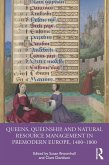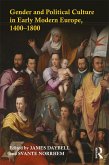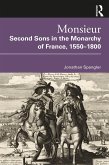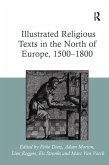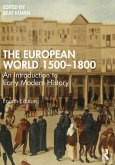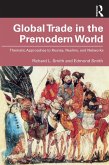Early modern queens interacted with human and nonhuman worlds through natural resource management activities that have rarely been the focus of sustained historical analysis. This volume engages with the wide range of nonhuman materials, living and inanimate, that premodern queens had the power to direct and dispose of, to utilise, enjoy, and commercialise, to visualise and commemorate, and even to destroy, on and in their lands, forests, waterways, and oceans. Both queenship and natural resource management were configured by contemporary gender ideologies, which structured a dynamic relationship between queenship and the more-than-human world. The case studies in this collection explore how queens' natural resource management was impacted by their cultural and personal contexts, particularly their changing status as queens regnant, consort, dowager, or regent. The contributors draw on diverse materials and employ a variety of historical approaches-including political, economic, cultural, literary, legal, and animal studies-to demonstrate how queens interacted with the nonhuman world and how their engagements were embedded in premodern gender rules.
This collection will be of great value for undergraduate and postgraduate students, and scholars, in gender and women's history, environmental history, queenship studies, and early modern studies.
Dieser Download kann aus rechtlichen Gründen nur mit Rechnungsadresse in A, B, BG, CY, CZ, D, DK, EW, E, FIN, F, GR, HR, H, IRL, I, LT, L, LR, M, NL, PL, P, R, S, SLO, SK ausgeliefert werden.



